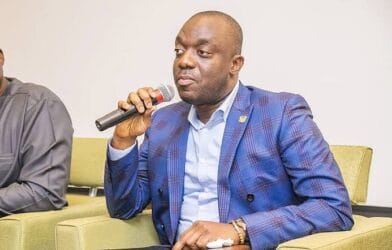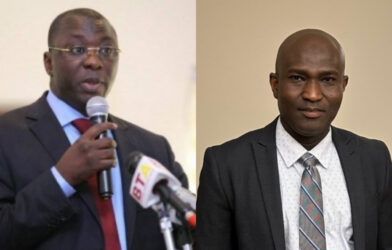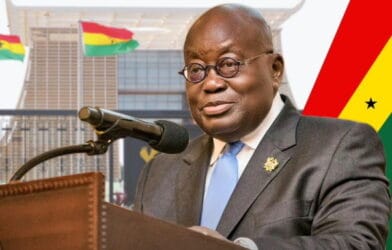Tamale, Ghana – His Lordship Francis Asobayiri, the presiding judge of the Tamale Circuit Court, has cautioned the public against using the constitutional right to free speech as an avenue to insult traditional leaders.
He emphasized that while freedom of expression is a fundamental right, it should not be used to denigrate Ghana’s revered chieftaincy institutions.
Delivering his remarks in open court, Justice Asobayiri reminded the public that Ghana’s 1992 Constitution recognizes customary law under Article 11, reinforcing the need to respect traditional authority.
His statement came after he sentenced two individuals Alhaji Baba Kadiago and Abdul Rahaman to a bond of good behavior for making derogatory remarks against the Overlord of Dagbon, Ya Naa Abukari II.
The two were found guilty of publicly insulting the Ya Naa following his appeal to President John Dramani Mahama to rename the Tamale International Airport as Gbewaa International Airport.
Their comments stemmed from opposition to the proposed name change, with some members of the public preferring that the facility retains its current name, Yakubu Tali International Airport.
While underscoring the importance of free speech, Justice Asobayiri clarified that the courts would not be used to suppress public opinion.
However, he urged individuals to express their views responsibly and with decorum, rather than resorting to insults or attempts to undermine traditional authority.
Following the court’s ruling, a high-powered delegation, led by the Chief of Choggu, is expected to visit the Gbewaa Palace to express gratitude to the Overlord of Dagbon for his magnanimity.
This follows an earlier intervention by the Northern Regional Chairman of the New Patriotic Party (NPP), Alhaji Mohammed Samba, who apologized to the Ya Naa on behalf of the two individuals.
In response, the Dagbon Overlord accepted the apology and recounted how discussions on renaming the airport began during his engagements with former President Nana Addo Dankwa Akufo-Addo.
He advised the individuals involved to be mindful of their words in the future, urging them to “go and sin no more.”
The case serves as a reminder of the delicate balance between free speech and respect for traditional authority in Ghana’s democratic framework.
Report By: Alhassan D. Baba










